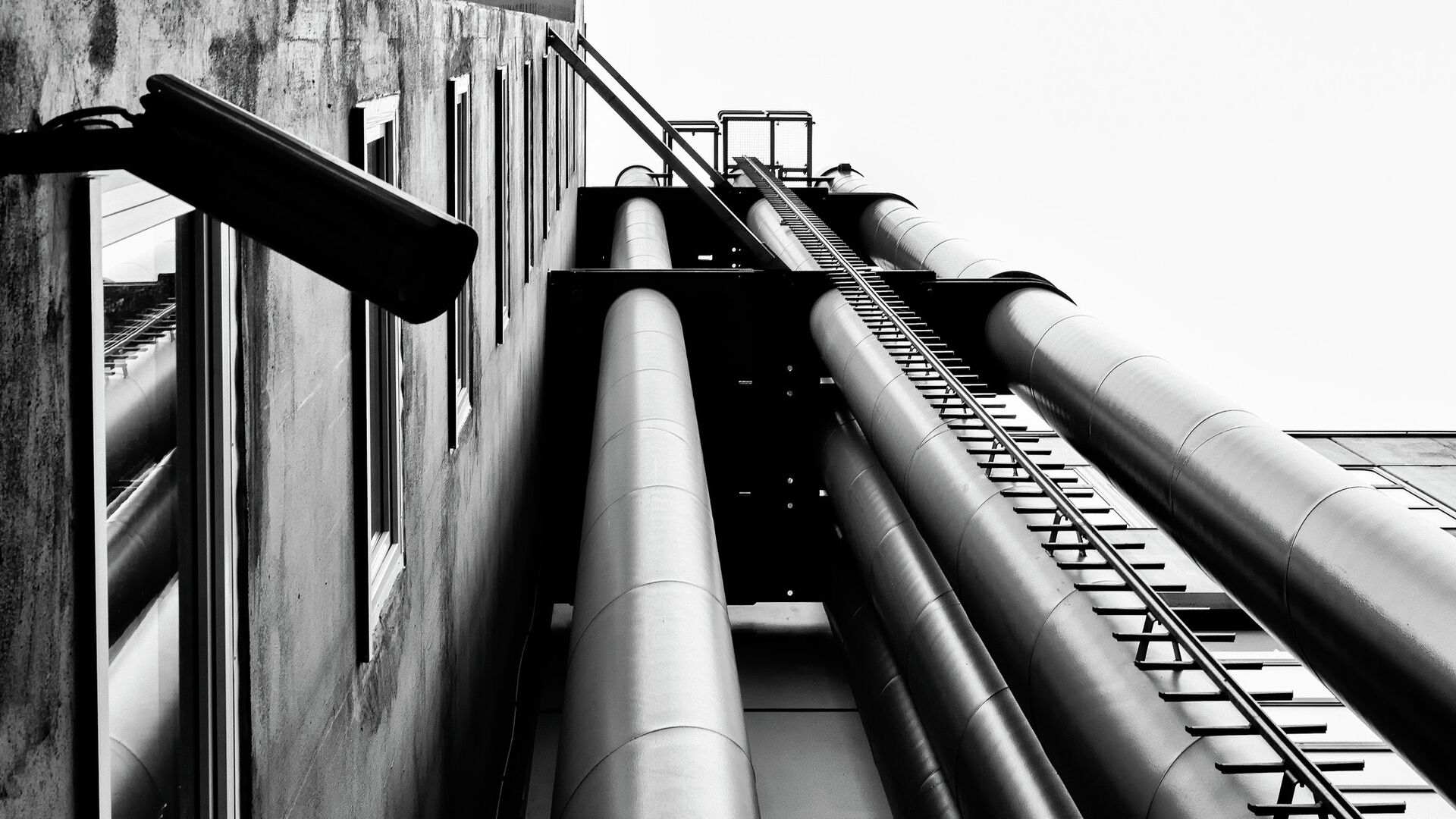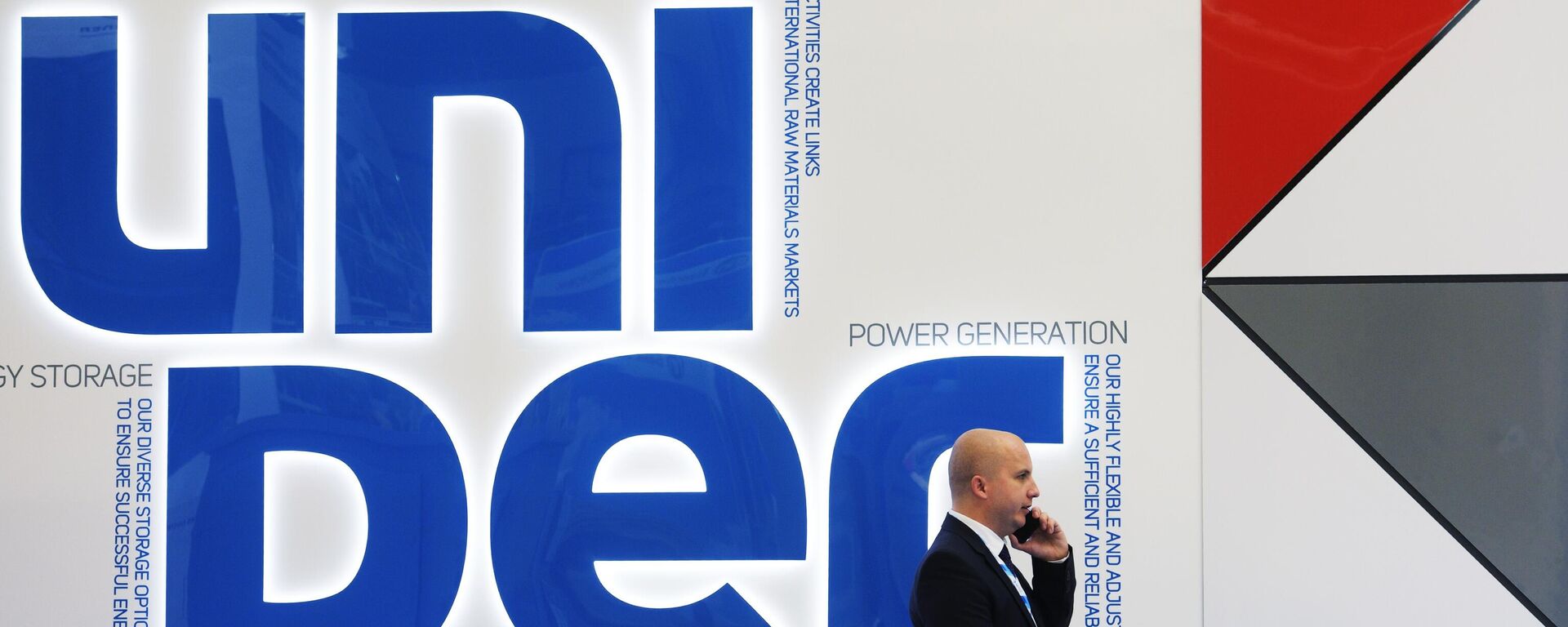https://sputnikglobe.com/20220725/german-companies-forced-to-reduce-halt-production-amid-soaring-gas-prices-1097788323.html
German Companies Forced to Reduce, Halt Production Amid Soaring Gas Prices
German Companies Forced to Reduce, Halt Production Amid Soaring Gas Prices
Sputnik International
BERLIN (Sputnik) - A growing number of enterprises in Germany are forced to stop or reduce production due to increased gas prices, the Association of German... 25.07.2022, Sputnik International
2022-07-25T17:47+0000
2022-07-25T17:47+0000
2022-12-19T13:49+0000
europe
germany
energy crisis in europe
gas prices
https://cdn1.img.sputnikglobe.com/img/101407/66/1014076634_0:0:2048:1152_1920x0_80_0_0_9ceee7ac41bf70038f3cb1a4f6aacfbf.jpg
"A total of 16% of industrial companies are forced to respond to the current energy situation by reducing production or partially abandoning some areas," the DIHK said in a statement.According to a study by the DIHK, energy-intensive businesses, where readings are twice as high as the average across industry, are hit particularly hard, with a total of 32% of energy-intensive companies forced to cut all or part of their production. The study also revealed that many companies had yet to purchase significant volumes of gas for the current year, and only half had already covered their needs through contracts.DIHK President Peter Adrian said the numbers were "alarming," adding that they show how much the persistently high energy prices burden German production.Earlier this month, the German authorities, as part of the fight against the energy crisis and plans to abandon Russian gas, adopted a law allowing the restoration of coal-fired power plants mothballed for climate protection reasons. At the same time, in extreme cases, Berlin is ready to consider the possibility of restarting thermal power plants, operating on brown coal, which is the most harmful for the environment. At the same time, the government does not plan to extend the work of existing nuclear power plants, which were closed in 2011 after the accident at Japan's Fukushima nuclear power plant.At the end of June, Berlin announced the activation of the second stage of the emergency plan for gas, which involves saving measures. If stage three is announced, the German Federal Network Agency will regulate who to provide energy with, prioritizing households.
https://sputnikglobe.com/20220722/berlin-bails-out-energy-giant-uniper-carves-out-30-stake-for-state-amid-europes-energy-crisis-1097696880.html
germany
Sputnik International
feedback@sputniknews.com
+74956456601
MIA „Rossiya Segodnya“
2022
Sputnik International
feedback@sputniknews.com
+74956456601
MIA „Rossiya Segodnya“
News
en_EN
Sputnik International
feedback@sputniknews.com
+74956456601
MIA „Rossiya Segodnya“
Sputnik International
feedback@sputniknews.com
+74956456601
MIA „Rossiya Segodnya“
europe, germany, gas prices
europe, germany, gas prices
German Companies Forced to Reduce, Halt Production Amid Soaring Gas Prices
17:47 GMT 25.07.2022 (Updated: 13:49 GMT 19.12.2022) BERLIN (Sputnik) - A growing number of enterprises in Germany are forced to stop or reduce production due to increased gas prices, the Association of German Chambers of Commerce and Industry (DIHK) said on Monday.
"A total of 16% of industrial companies are forced to respond to the current energy situation by reducing production or partially abandoning some areas," the DIHK said in a statement.
According to a study by the DIHK, energy-intensive businesses, where readings are twice as high as the average across industry, are hit particularly hard, with a total of 32% of energy-intensive companies forced to cut all or part of their production. The study also revealed that many companies had yet to purchase significant volumes of gas for the current year, and only half had already covered their needs through contracts.
DIHK President Peter Adrian said the numbers were "alarming," adding that they show how much the persistently high energy prices burden German production.
Earlier this month, the German authorities, as part of the fight against the energy crisis and
plans to abandon Russian gas, adopted a law allowing the restoration of coal-fired power plants mothballed for climate protection reasons. At the same time, in extreme cases, Berlin is ready to consider the possibility of restarting thermal power plants, operating on brown coal,
which is the most harmful for the environment. At the same time, the government does not plan to extend the work of existing nuclear power plants, which were closed in 2011 after the accident at Japan's Fukushima nuclear power plant.
At the end of June, Berlin announced the activation of the second stage of the emergency plan for gas, which involves saving measures. If stage three is announced, the German Federal Network Agency will regulate who to provide energy with, prioritizing households.



